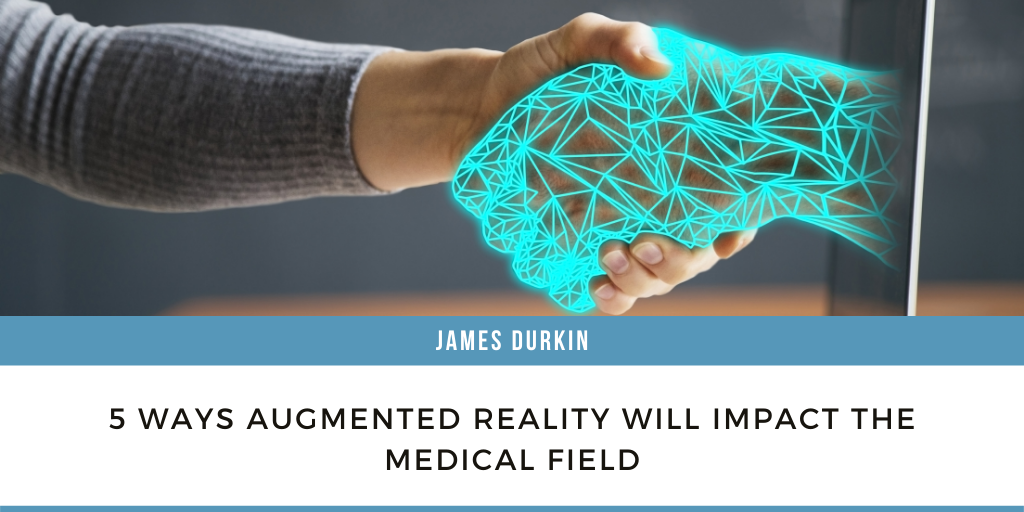Augmented reality is not a new concept. In fact, it has been around for decades! It’s been used in various fields such as gaming and entertainment. However, now with the introduction of smartphones and tablets, AR is finally able to impact our society by being implemented in the medical field. We will explore 4 ways that augmented reality will change how we all go about our day-to-day lives.
1) AR will provide life-saving assistance to doctors and medical students.
This technology is already being used in the healthcare industry by allowing individuals learning about medicine a more immersive experience where they can visualize what is going on inside their patient’s body. For example, imagine studying anatomy and knowing how certain organs look or function during surgery. With AR, you would be able to see a live stream of the surgery happening without actually being inside of an operating room! You can also overlay different data types onto your patient’s body, such as CT scans or X-rays, and get a better idea of how everything fits together.
2) AR will allow surgeons to practice complex procedures before they enter the operating room.
AR allows medical professionals to have more opportunities for training and practicing their craft in a safe environment. Surgeons can now use software that allows you to closely mimic different types of surgeries by using models or mannequins while overlaying data onto them, such as CT scans or X-rays. This allows them to better prepare for the real thing and have a more successful outcome when performing these procedures in an actual hospital setting.
3) AR will allow doctors to diagnose patients remotely.
By using augmented reality, doctors and medical students can see what is going on with a patient before stepping into the room. Physicians can use this technology by simply looking at a camera view of their patients or scanning them to understand better issues that may be occurring, such as tumors or fractures. This is beneficial because they can make a more accurate diagnosis without even having to touch their patient, which means the patients will feel less pain and discomfort.
4) AR will allow medical professionals to communicate more effectively with their patients.
This is especially helpful for children or adults who may be unable to express themselves verbally because of a medical issue such as having difficulty speaking. This could also benefit those who do not speak the same language as their doctor and would like them to have access to this technology to view the data that is being overlayed onto their patient.
Augmented reality is a growing technology that has limitless possibilities. This is an exciting time in the medical field because this new and innovative tool will allow doctors to understand their patients better, perform more complex procedures with ease, and train for these types of cases before they even enter the real world.

